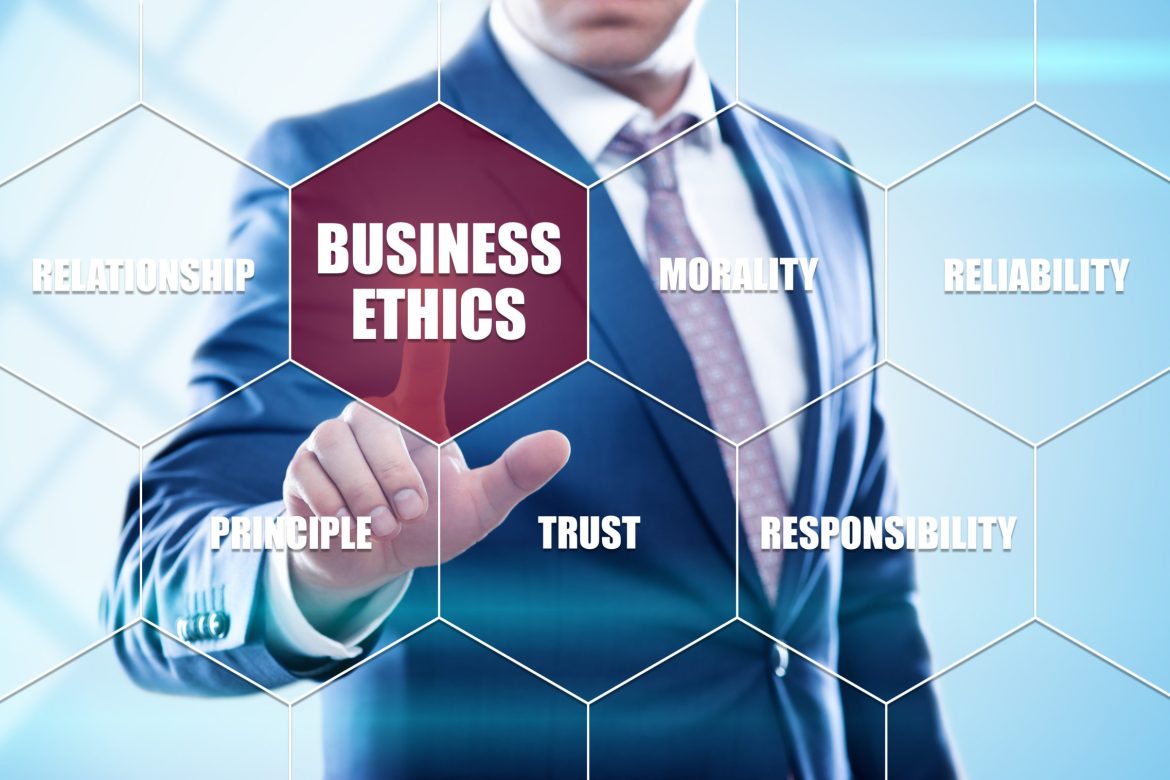Leadership coaching is a powerful tool that can help individuals enhance their leadership skills, unlock their full potential, and achieve their career goals. By working with a professional coach, leaders can develop self-awareness, emotional intelligence, and effective communication skills. One of the key benefits of leadership coaching is the opportunity for personal growth and development. Coaches provide valuable feedback, guidance, and support to help leaders overcome challenges, navigate complex situations, and make informed decisions. Additionally, leadership coaching can improve team dynamics and organizational performance by fostering a culture of open communication, trust, and collaboration. Leaders who invest in coaching are more likely to inspire and motivate their teams, drive innovation and creativity, and achieve sustainable business success. In a competitive global market, leadership coaching is not just a luxury but a necessity for individuals and organizations seeking to thrive and excel in a rapidly changing world.
Why to take part on leadership courses?
Taking a course on leadership can be highly beneficial for individuals looking to advance their careers, develop essential skills, and drive professional growth. Such courses provide valuable insights into various leadership styles, strategies, and best practices, allowing participants to enhance their communication, decision-making, and problem-solving abilities. Additionally, leadership courses offer opportunities for self-assessment, feedback, and personal development, helping individuals build confidence, resilience, and emotional intelligence. By learning from experienced instructors and interacting with peers, participants can gain new perspectives, expand their networks, and acquire practical tools to lead effectively in diverse organizational settings. Ultimately, investing in a leadership course can empower individuals to become more versatile, adaptable, and impactful leaders, positioning them for long-term success and career advancement.
The benefits of businesses from executive and organizational leadership courses!
Executive leadership and organizational leadership trainings are crucial for businesses to thrive in today’s rapidly evolving and competitive market. These programs equip leaders with the necessary skills, knowledge, and tools to effectively navigate complex challenges, drive strategic growth, and inspire high-performing teams. By investing in leadership training, businesses can cultivate a strong leadership pipeline, foster a culture of innovation and continuous improvement, and enhance employee engagement and retention. Effective leadership development programs also help organizations identify and nurture future leaders, align strategic objectives and organizational goals, and build cohesive and collaborative teams. Here are some benefits counted from taking an executive or organizational leadership course on your organization:
1) Developing a cohesive and high-performing leadership team that can effectively steer the company towards its strategic goals,
2) Enhancing communication and decision-making processes within the organization, resulting in streamlined operations and increased efficiency,
3) Fostering a culture of innovation and continuous improvement, leading to greater adaptability and competitiveness in the market,
4) Improving employee engagement and retention by creating a supportive and empowering work environment, and
5) Building a strong leadership pipeline for future succession planning and ensuring long-term sustainability and success for the organization.
Ultimately, investing in executive or organizational leadership training can significantly impact the overall performance and growth of the organization.





